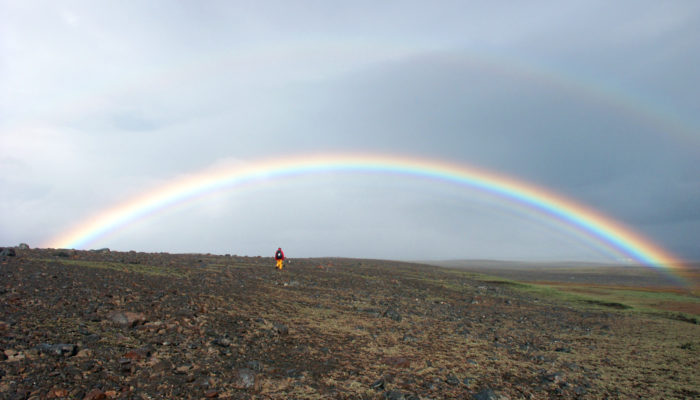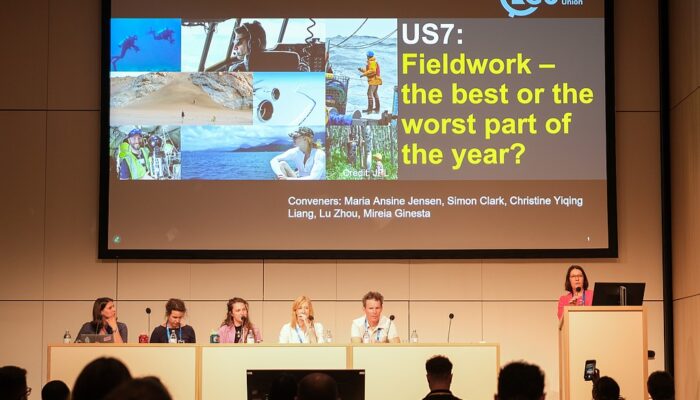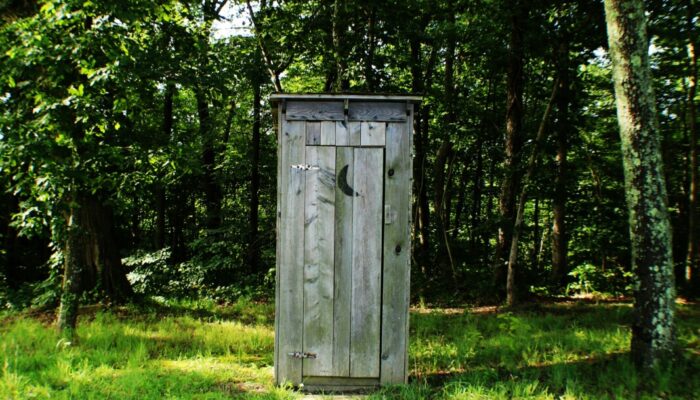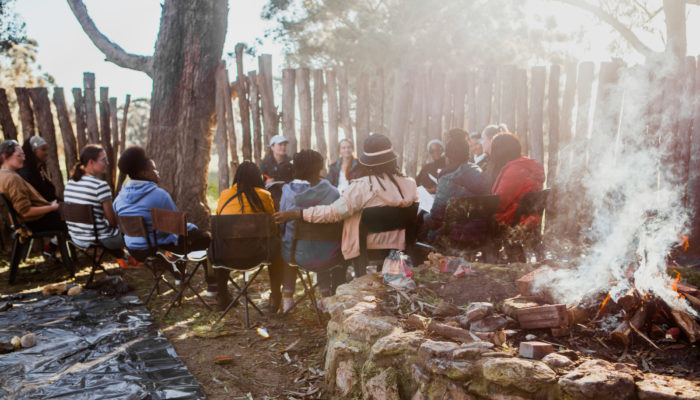Bracing the elements to be rewarded with new data — and spectacular views in the process — can be an experience of a lifetime. Yet, zooming out of the easily romanticized image can quickly paint a different scene, where negative experiences from fieldwork drive people away from the research. Moreover, some fieldwork practices prevent people from participating in the first place. Shedding a spotlig ...[Read More]
Holding it in (the learning, not the pee) – The gendered importance of toilet breaks for geoscience students during field-courses
Field-based teaching is a cornerstone of geoscience education. Concepts such as scale, complexity, spatial awareness, 3D geometries, methods, skills, and techniques are inherently difficult to teach from a lecture theatre. However, achieving the benefits of field-based teaching might require a learning module not always considered as a prerequisite: planning and providing information about bathroo ...[Read More]
The geological period that no one talks about: menstruation in the field
Try typing the phrase ‘period in geosciences’ into Google. You’ll get something like ‘divisions of geological time’, and how we divide ancient earth time into eras, periods and epochs. We learn about this in the first year and again in every subsequent year of geological training. We are both geochronologists, so this is a topic we are deeply familiar with. But we are also both women. To us, and e ...[Read More]
LGBTQIA+ in the field

As a part of any field-based science work, whether it be as an individual scientist, research team or with students, we must first conduct a risk assessment. This often focuses on the physical dangers that you, your colleagues or students may encounter whilst working in stressful and sometimes unfamiliar environments. More recently, field-based risk assessments for physical/environmental scientist ...[Read More]



